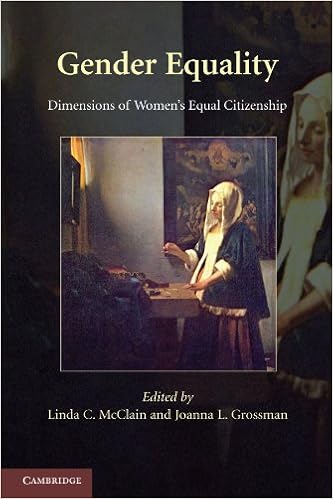What is the role of privacy in modern law and society? With Lawrence M. Friedman (Stanford Law School), I am writing a book on the law and social norms surrounding privacy. We explore the non-constitutional meanings of privacy in American law and culture. The book proceeds from the proposition that privacy is on the whole a modern invention, an embodiment of the notion that people feel that some aspects of life belong to them and them alone. This is a product of many social forces, but particularly the rise of individualism. Privacy law, in some sense, defines where the individual begins and ends, and where society (including the government) We consider the complicated web woven by social norms, law, technology, and sexuality, and the resulting rules that sometimes mandate privacy, sometimes make it elective, and sometimes preclude it.
Who is a legal parent?
Who is a legal parent? I am writing a book that explores the complicated answer to this question. It will examine the body of rules and doctrines that determine which adults—and how many of them—are entitled to parental rights, and which adults are saddled with parental obligations like child support. This book will consider the historical development of parentage law; the social changes that have led to new questions and challenges; the growing gap between people’s expectations about their legal rights and obligations as parents (or gamete donors or gestational carriers) and the law’s actual assignment of those rights and obligations; and whether, given the wide variety of family forms today, it is possible to think about parentage as unified doctrine. Topics addressed in depth include surrogacy, sperm and egg donation, posthumous conception, de facto parentage, adoption, unwed fatherhood, paternity misrepresentation, third-party visitation, and parentage by contract.





